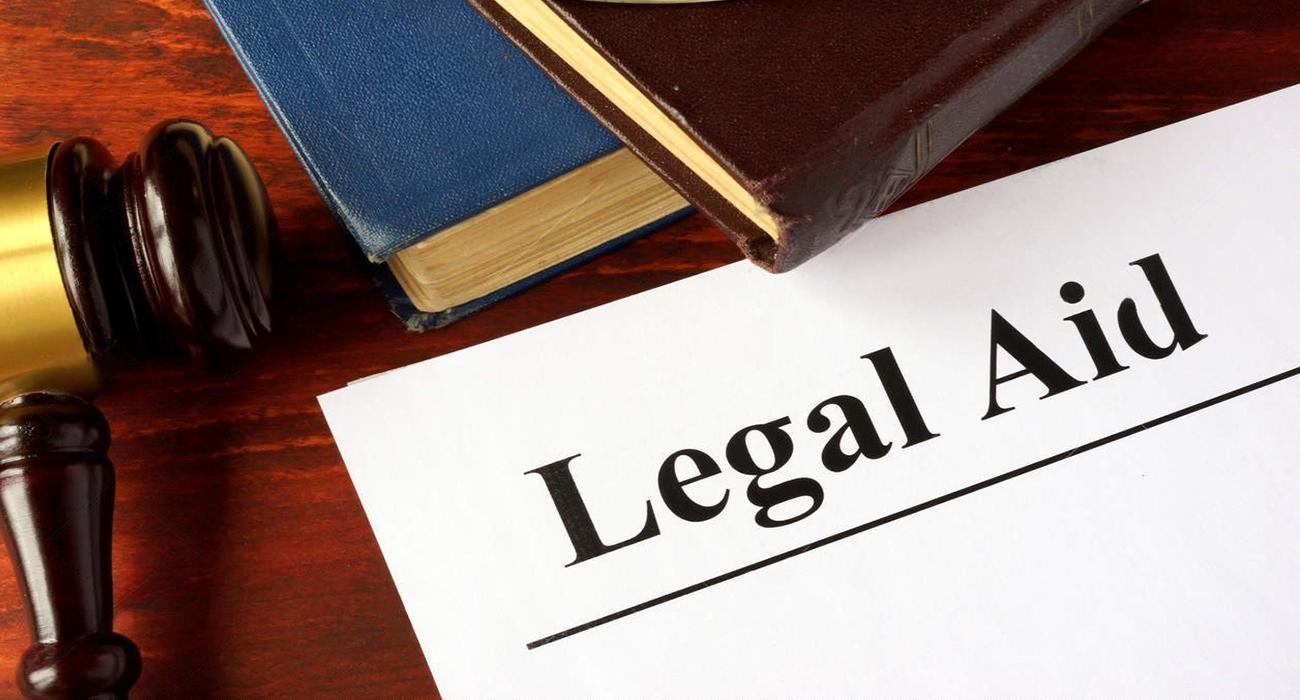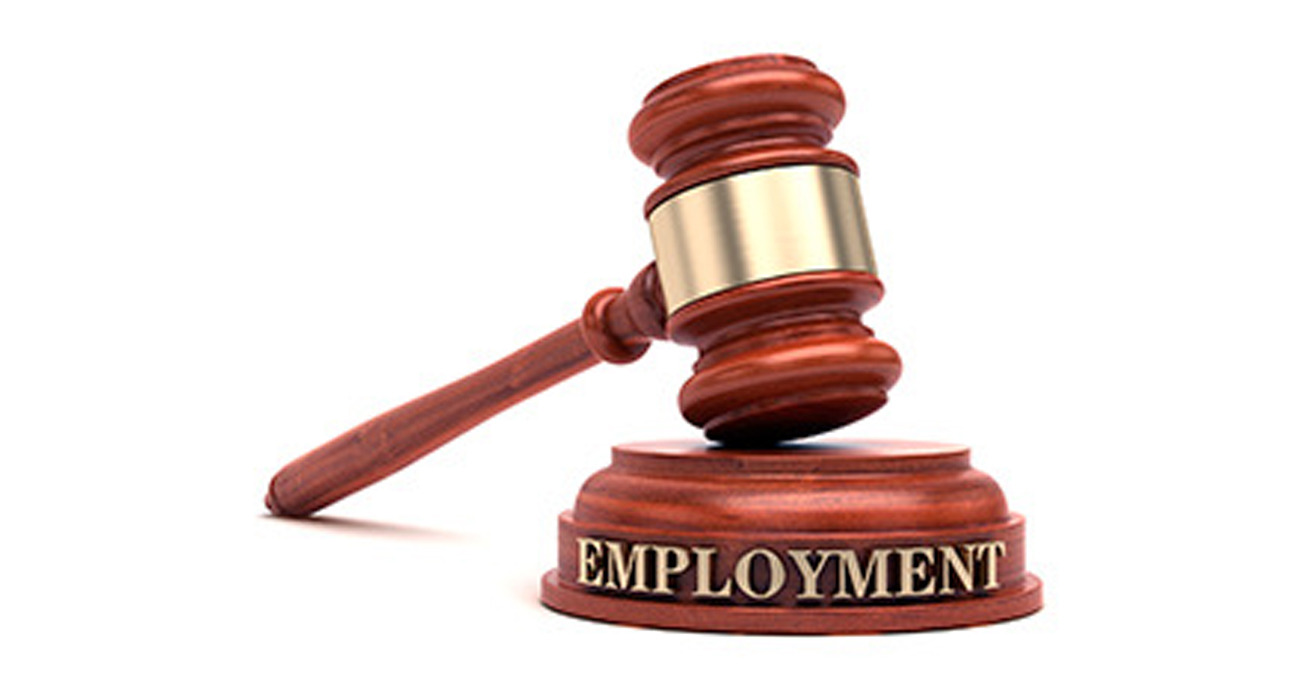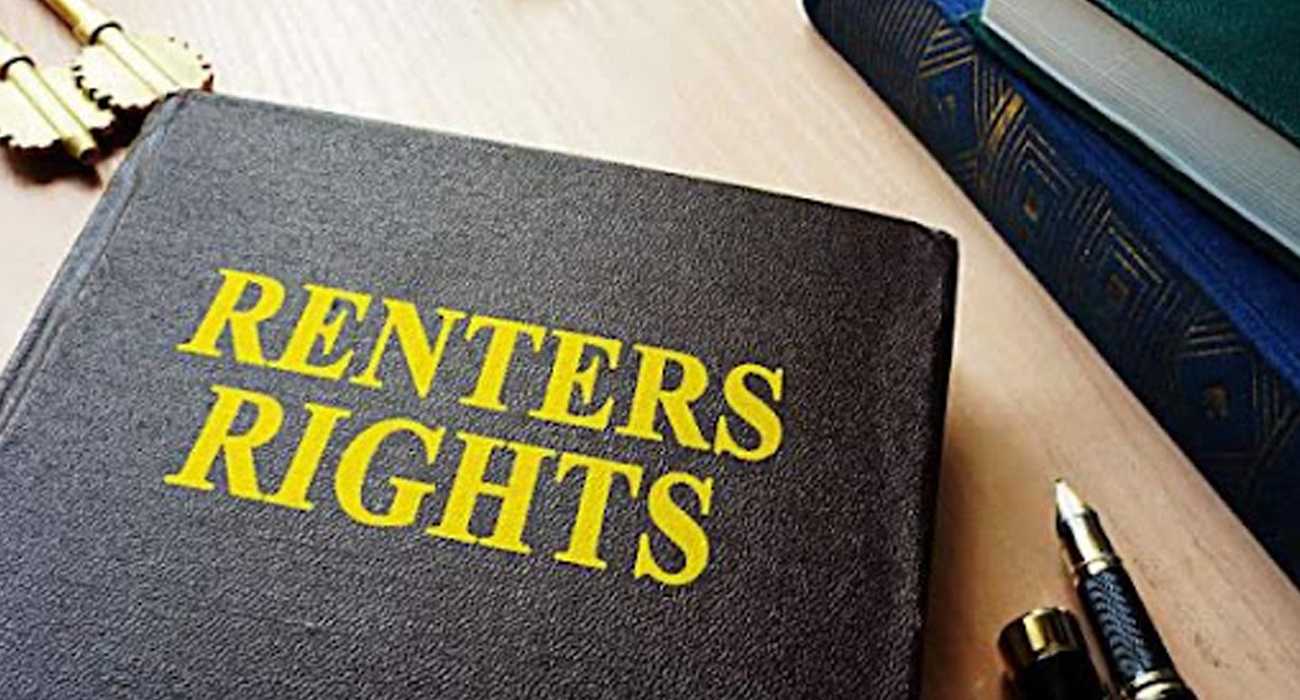Nationwide Access To Top Criminal Law Attorneys Now!
TopAttorneysNow.com Connects You With The Best Licensed Lawyers Near You!
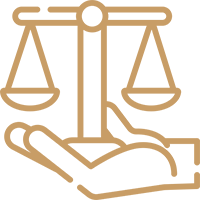
Top Rated Local
Lawyers

Free
consultation

National Lawyers
Network

Help With Any
Legal Problem
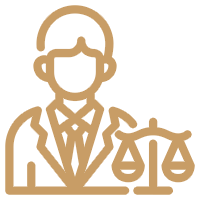
Experienced
Lawyers

24/7
access

Easy Process
Finding solutions to your legal issues doesn’t have to be stressful, or complicated.

Flexible
Submit your case at any time, from anywhere. Connect with Top Attorneys Now.

Personalised
Describe your situation. Ask any question. You’ll be connected with Top Attorneys Now!
SUBMIT YOUR CASE ONLINE
Complete The Form Below :
By clicking the “SUBMIT” or CALL US NOW buttons above, I expressly authorize Top Attorneys Now and an attorney within or outside of its network to deliver or cause to be delivered telemarketing calls, pre-recorded messages, and SMS text messages regarding your products and services, using an automatic telephone dialing system or an artificial or pre-recorded voice, to the telephone number I entered above or the number I am calling you from, even if this number is a mobile telephone number. I understand that I am not required to give my consent as a condition of purchasing any property, goods or services.
DISCLAIMER and STATEMENT OF NON-CONFIDENTIALITY Information sent to Top Attorneys Now using this form is protected using standard Internet encryption technology. We will treat this information confidentially; however, submitting this information does not create an attorney-client relationship of any kind. The information on this site is not intended to be legal advice nor does it constitute an offer to represent you. All content, including text, graphics, images, and information, included on or available through this website is for general information and educational purposes only. TopAttorneysNow.com does not provide legal advice, is not a legal referral service, and is not a substitute for the professional advice of an attorney. We recommend that all persons seek the advice of a licensed professional attorney for any legal matter.
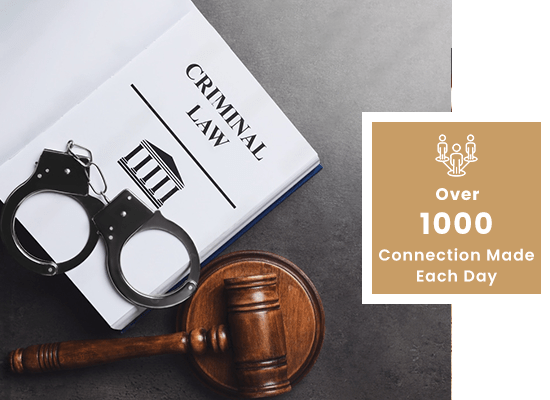
CRIMINAL LAW
As Seen On










How does it work
Finding solutions to your legal issues doesn’t have to be stressful, complicated, or expensive. We help you connect with Top Attorneys Now.
Call Or Email Us
Contact us and describe your legal issue.
Describe Your Legal Issue
Once you describe your legal issue, we’ll connect you with top rated local attorneys that are available to assist you now.
Connect With Top Attorneys Now
Connect with top local attorneys and receive a free consultation. Get the legal help you need for any of the following areas of law

Testimonials
I was quickly connected with an attorney that specializes in immigration. I was able to get the legal advice I needed. Highly recommended!
Why Choose Us
Connect with experienced attorneys that can help you with your legal issue.
Legal Articles & Information
La Importancia de la Asistencia Legal: Garantizando el Acceso Igualitario a la Justicia
Una Guía Integral de las Leyes Laborales: Protegiendo los Derechos de los Trabajadores
Derechos de los Inquilinos: Comprender sus Protecciones bajo la Ley de Arrendador-Inquilino
A Comprehensive Guide to Employment Laws: Protecting Workers’ Rights
Renters’ Rights: Understanding Your Protections under Landlord-Tenant Law
The Importance of Legal Aid: Ensuring Equal Access to Justice

Connect With Top Attorneys Now!
Our service connects you with top rated, licensed attorneys, near you.







